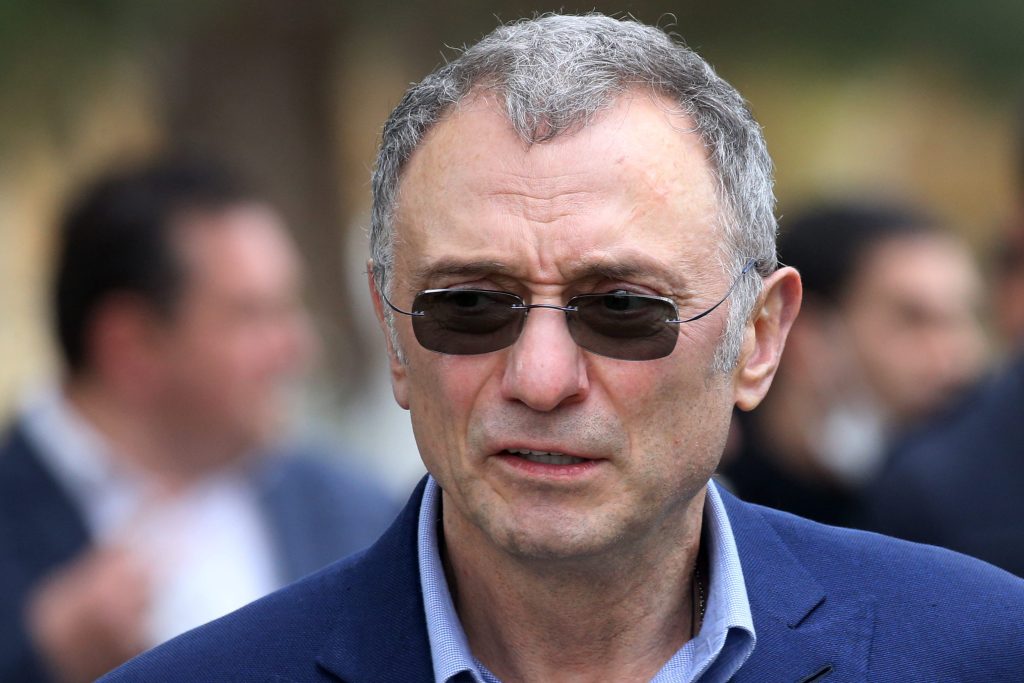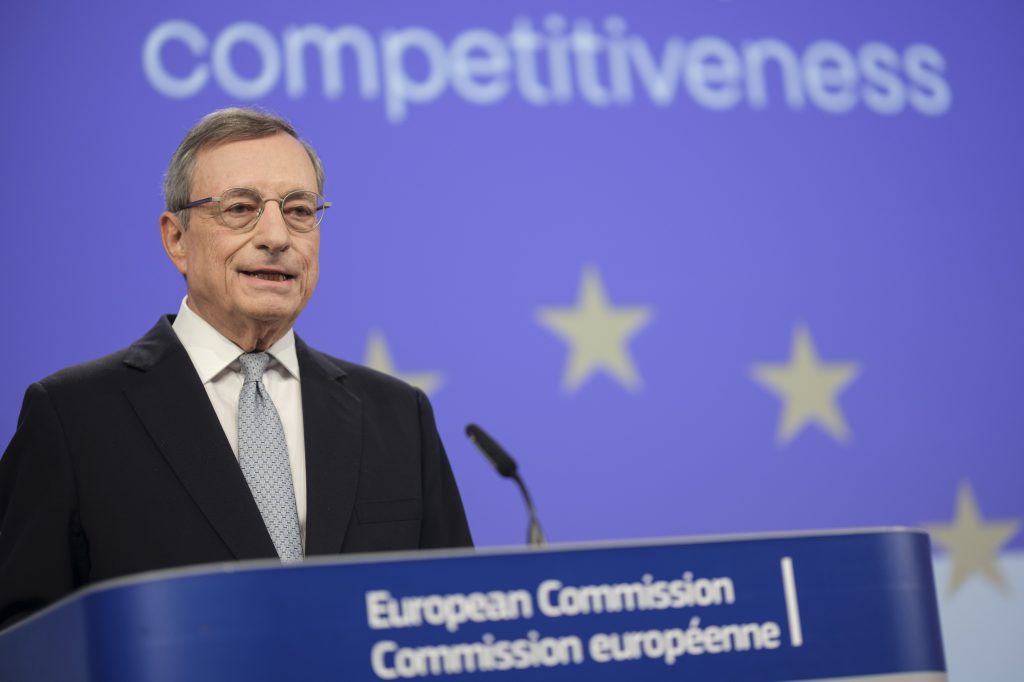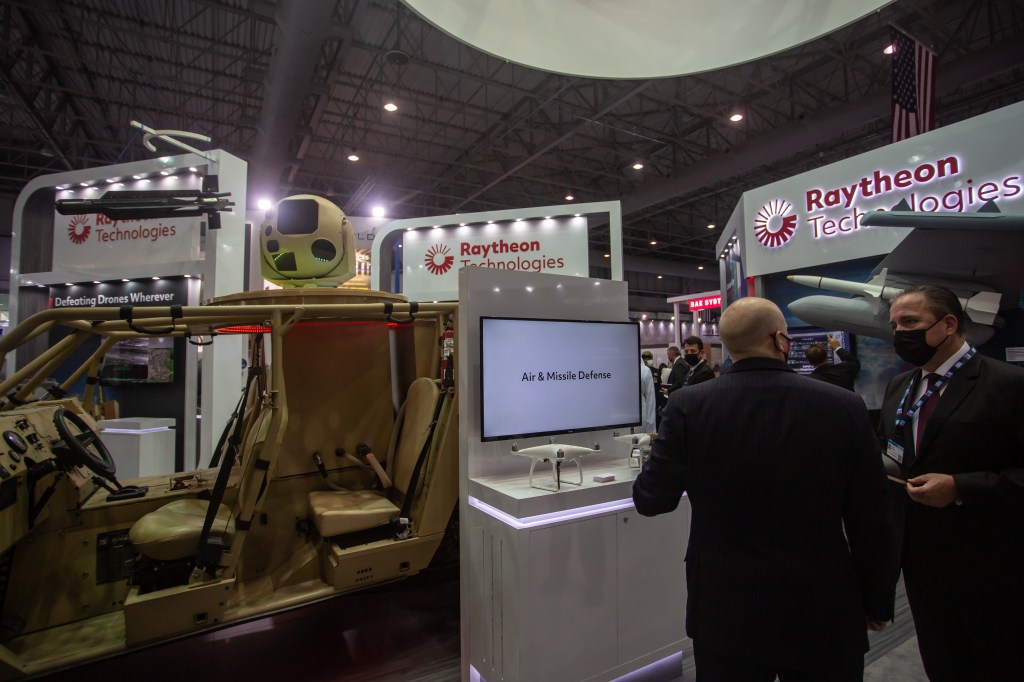A combined $959m has been set aside by RTX Corp, formerly known as Raytheon, as part of a deal with the US government to settle a criminal investigation into pricing for missile and defense services, as well as a separate corruption probe.
The company said in a recent filing that
Register for free to keep reading.
To continue reading this article and unlock full access to GRIP, register now. You’ll enjoy free access to all content until our subscription service launches in early 2026.
- Unlimited access to industry insights
- Stay on top of key rules and regulatory changes with our Rules Navigator
- Ad-free experience with no distractions
- Regular podcasts from trusted external experts
- Fresh compliance and regulatory content every day













